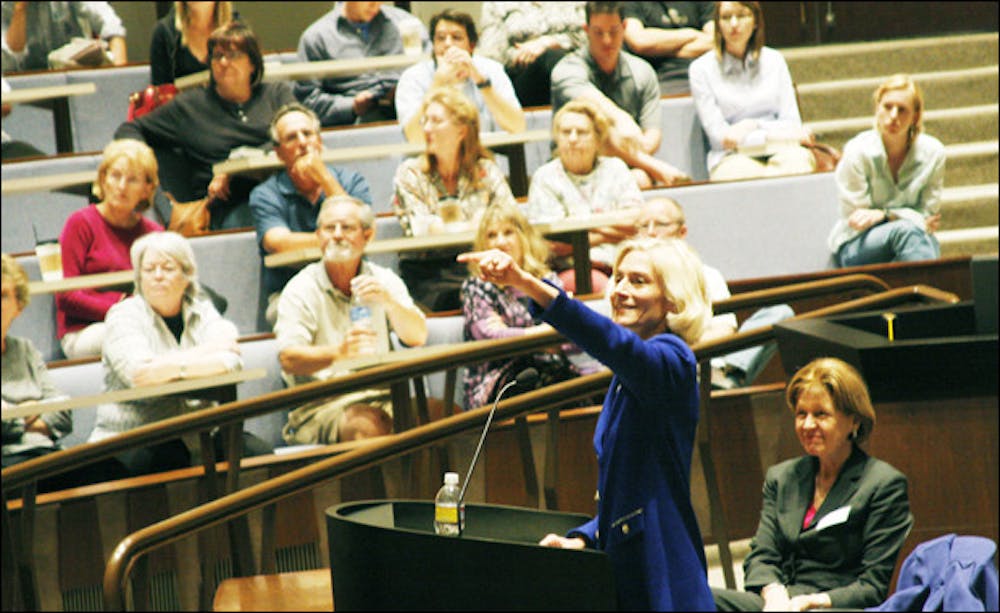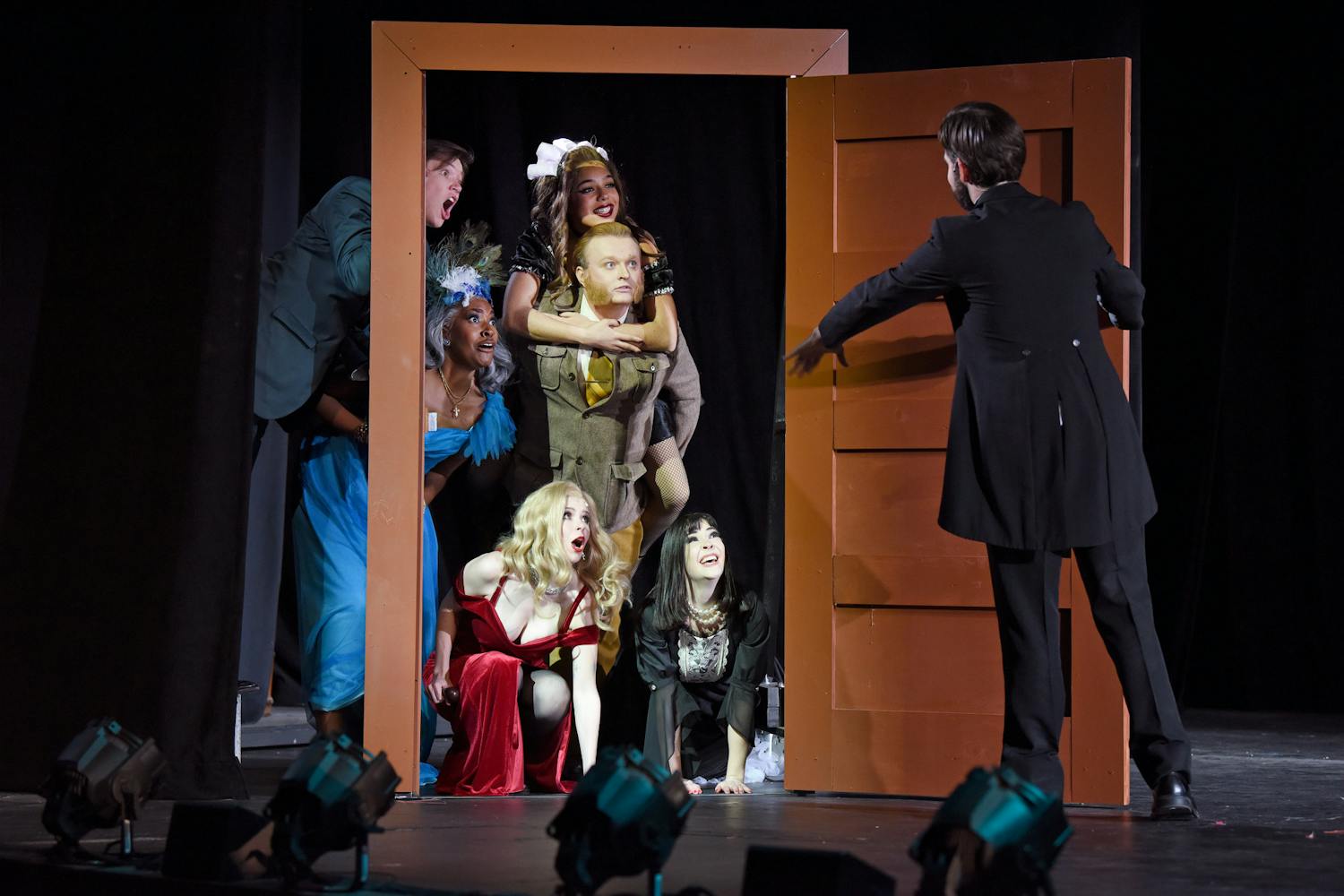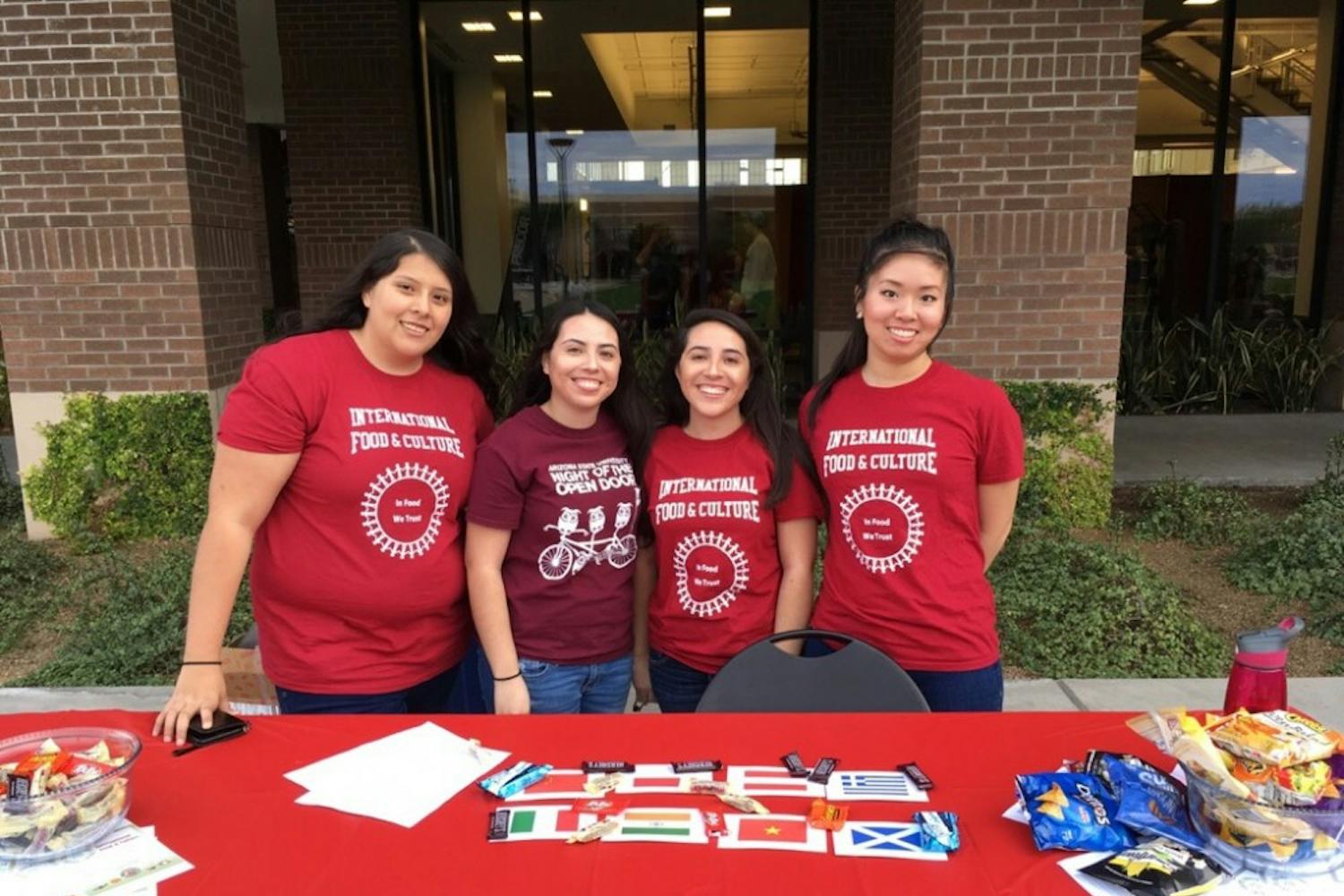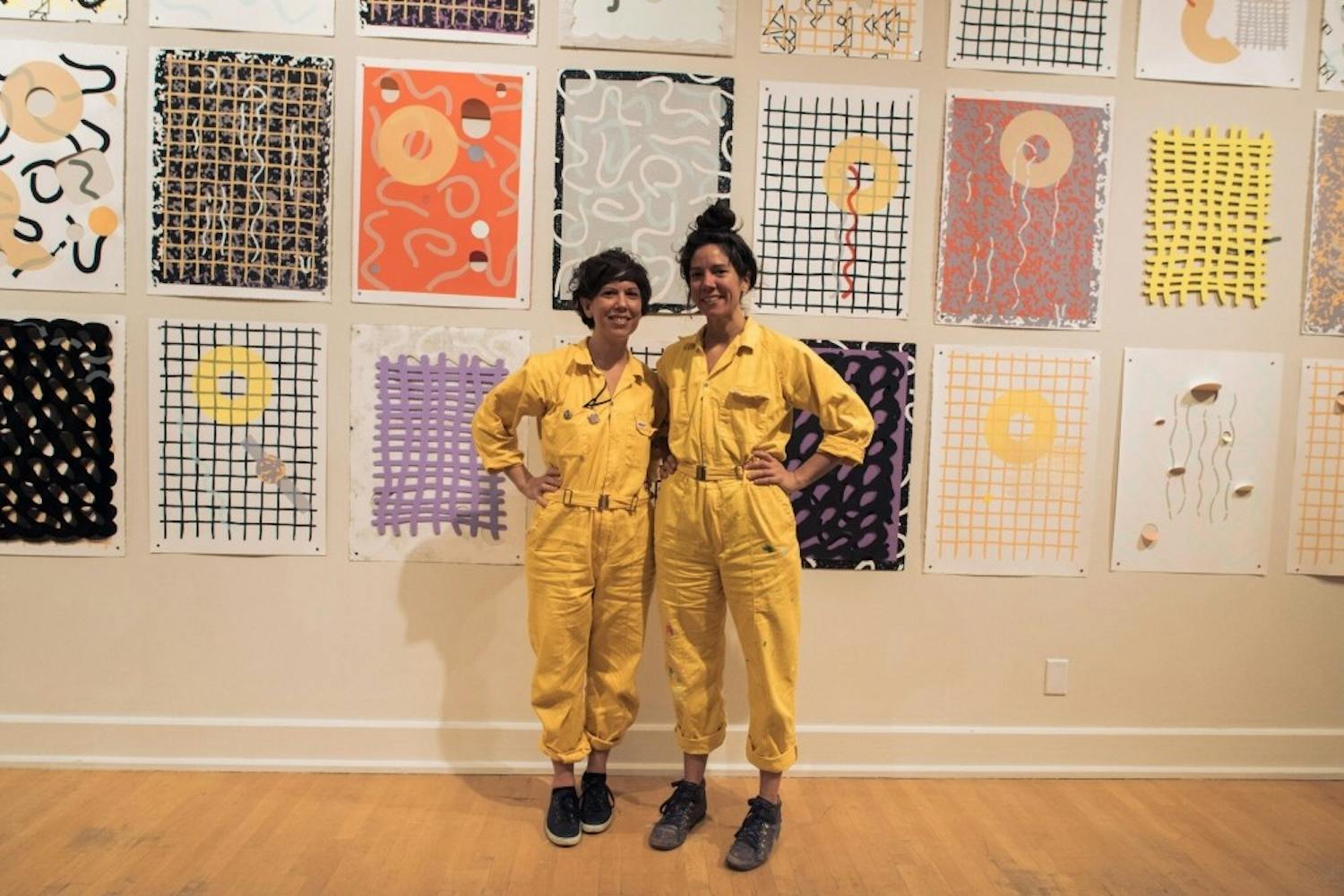An author and theorist on the effects of religious violence encouraged about 400 audience members to consider Indian terrorism in a broader context of international democracy at a lecture on Tuesday evening.
Martha Nussbaum, the Ernst Freund Distinguished Service professor of law and ethics at the University of Chicago, said while Americans have been focusing on conflicts elsewhere, like the Middle East, they have ignored the threat to democracy in India by religious conflict between Hindu radicals and Muslims in the country.
The “real clash” is not between Muslims and the West, she said, but conflicts within each nation, between those who want to coexist democratically and those who want to preserve religious roles through political domination.
The lecture, held at Armstrong Hall in the Sandra Day O’Connor College of Law on the Tempe campus, was part of the Alternative Visions series presented by the Center for the Study of Religion and Conflict at ASU.
Nussbaum illustrated her point about the effects of religious violence on democratic institutions through a specific instance of terrorism in 2002, when right-wing Hindu mobs killed thousands of Muslims in the Indian state of Gujarat.
This event was a “lens with which to view the … clash of civilizations” in general and the need to understand the true roots of religious violence, she said.
Nussbaum said the skewed perception that Muslims are largely to blame for the violence has ramifications for democratic nations across the globe.
“What’s been happening in India is a threat to democracy in the rest of the world,” she said.
Linell Cady, director for the Center for the Study of Religion and Conflict, said global clashes of civilizations are often presented as “overly simplified narratives” in the media, and Americans often receive a misleading impression of such conflicts both domestically and internationally.
“Religious conflict is not an issue of the ‘West against the rest,’” she said. “The conflict is [different] within each individual society.”
Nussbaum’s lecture helped properly “complexitize” topics of religious conflict, Cady said, because her insight promoted reflection and understanding of these conflicts and their cultural contexts.
She added that having an internationally renowned thinker like Nussbaum visit ASU is important because she shed light on global perspectives, something key to overcoming religious conflicts.
“She’s really exploring religion as it applies to [a] more pluralistic” and cultural approach to global conflict, Cady said.
Nussbaum encouraged the audience to embrace this diverse worldview at Tuesday’s lecture, which was followed by a question and answer session and book signing.
The notion that all international conflicts are rooted in only cultural differences is a “comforting fable,” Nussbaum said, but she insisted that “the idea that all clashes of civilizations can be [defined by a single] thesis proves utterly inadequate.”
Retaliatory aggression is not based on “a simple problem that can be easily fixed” but psychological and emotional insecurities that all humans share, she said.
Nussbaum suggested that true democracy begins with simply making an effort on humanitarian dialogue, and “having the courage not to bash others over the head.”
Reach the reporter at trabens@asu.edu.




